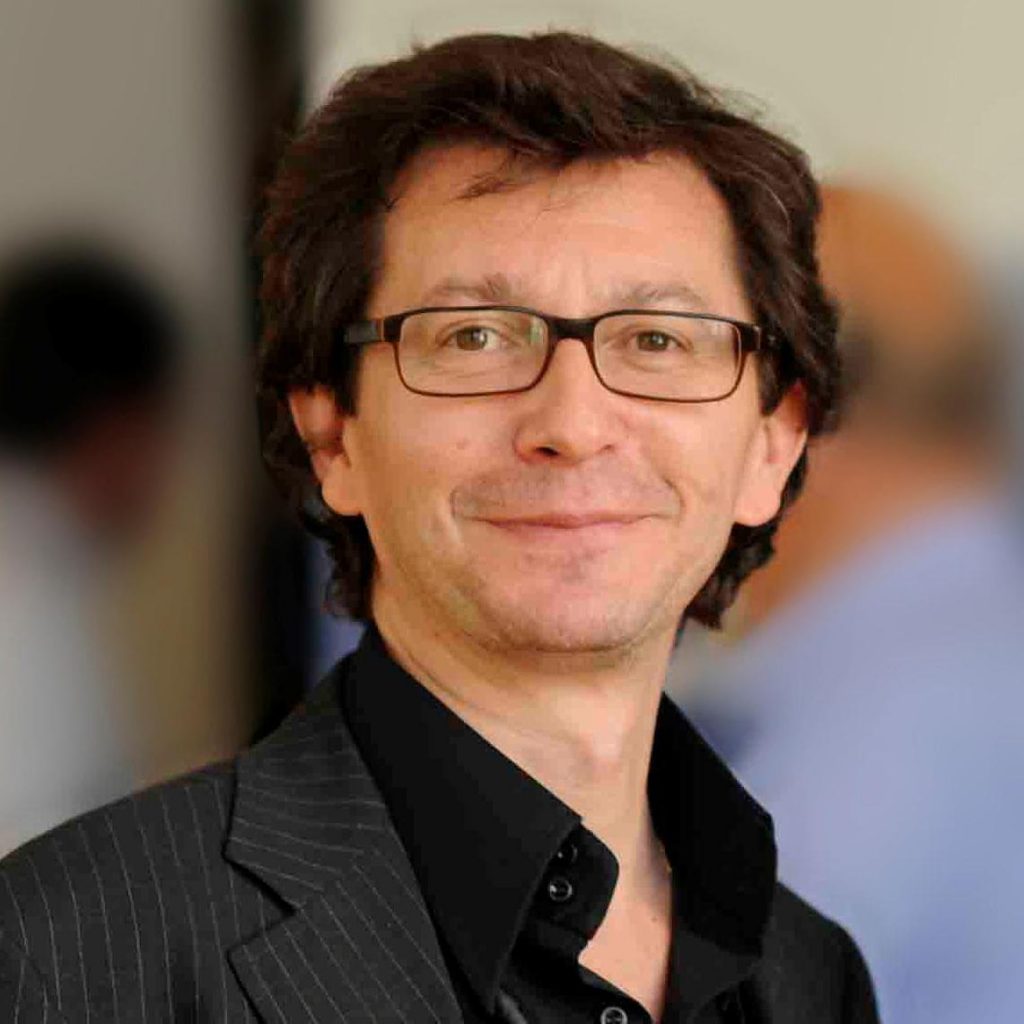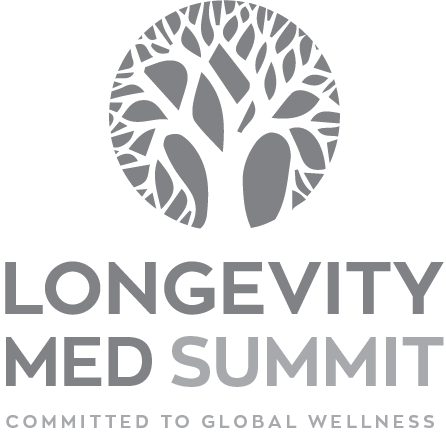

Thursday, May 4 | 12:00 – 12:20 | Auditorium

Thursday, May 4 | 14:00 – 15:00 | Auditorium

Thursday, May 4 | 14:00 – 15:00 | Auditorium

Thursday, May 4 | 15:00 – 15:20 | Auditorium

Sign up to receive the Longevity Med Summit
updates and more

Youtube